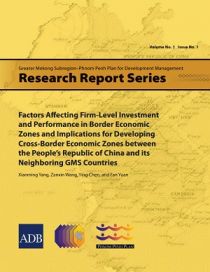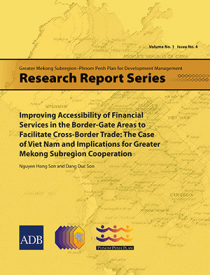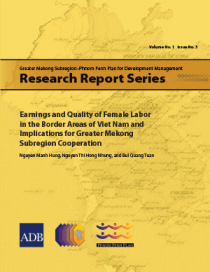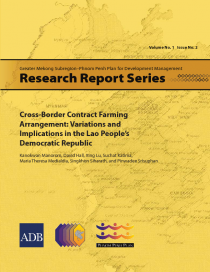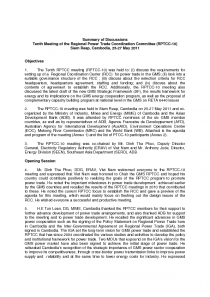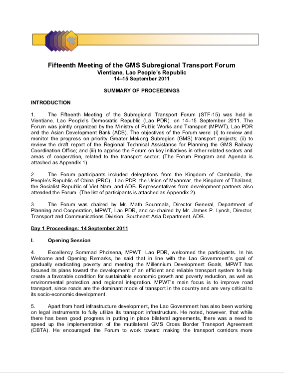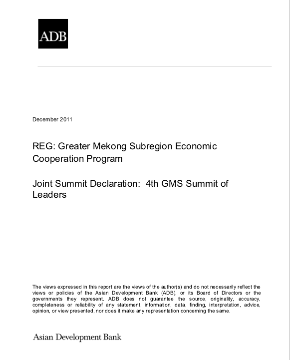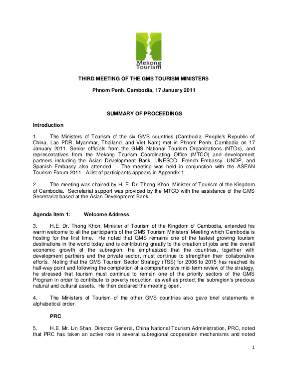Greater Mekong Subregion-Phnom Penh Plan for Development Management Research Reports
This series features the scholarly works under the Phnom Penh Plan for Development Management, a region-wide capacity building program of the Asian Development Bank that supports knowledge products and services.

